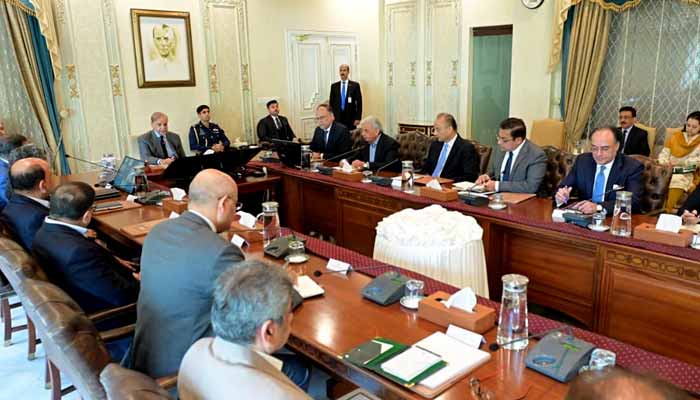Major Policy Shifts to Revive Pakistan’s Economy
The federal government has introduced a series of policy measures designed to stabilise the economy, support exporters, and provide relief to citizens. The reforms cover energy pricing, export sector restructuring, development spending, and tighter oversight of state-owned enterprises (SOEs).
One of the most significant steps is the withdrawal of the 0.25% Export Development Surcharge (EDS), a long-standing levy that exporters argued had become a burden. Prime Minister Shehbaz Sharif approved the decision after recommendations from a dedicated working group, signalling a strong commitment to improving Pakistan’s export competitiveness.
To ensure effective use of resources, an interim steering committee led by private-sector representatives will oversee the Rs52 billion available in the Export Development Fund (EDF). The committee will focus on funding research, skill development, and competitiveness-enhancing initiatives rather than infrastructure projects.
The government also acknowledged concerns about the tax burden on export-oriented industries, with a separate working group submitting recommendations to address distortions in the taxation system. Officials noted that easing this burden is critical to making Pakistani exports more competitive globally.
Meanwhile, the Executive Committee of the National Economic Council (ECNEC) approved development projects worth Rs507 billion, spanning education, health, water supply, and infrastructure. Key initiatives include:
- Reconstruction of 481 flood-affected schools in Sindh on a cost-sharing basis.
- The KP Human Capital Investment Project (Health Component) funded by the World Bank.
- Expansion of the Karachi Water & Sewerage Services Improvement Project (KWSSIP) Phase II with European Investment Bank financing.
- Major infrastructure projects such as the Raising of Mangla Dam, new road links including a 110km route from the Iran border to Panjgur, and revised plans for the Karachi-Lahore Motorway.
- Flood Response Emergency Housing Project (Phase III) in Sindh worth Rs42 billion.
In addition, ECNEC extended the Emergency Polio Eradication Programme (2026–2029) with a revised budget of $639.54 million, reaffirming Pakistan’s commitment to achieving global certification by 2029.
The Cabinet Committee on State-Owned Enterprises (CCoSOEs) also approved new independent directors for boards of key institutions including Zarai Taraqiati Bank Limited, Port Qasim Authority, and Sui Northern Gas Pipelines Limited. This move aims to strengthen governance and prepare SOEs for future privatisation.
Collectively, these reforms highlight the government’s focus on economic revival, institutional reform, and public welfare, while addressing long-standing challenges in exports, taxation, and infrastructure development.



Comments (0)
No comments yet. Be the first to comment!
Leave a Comment